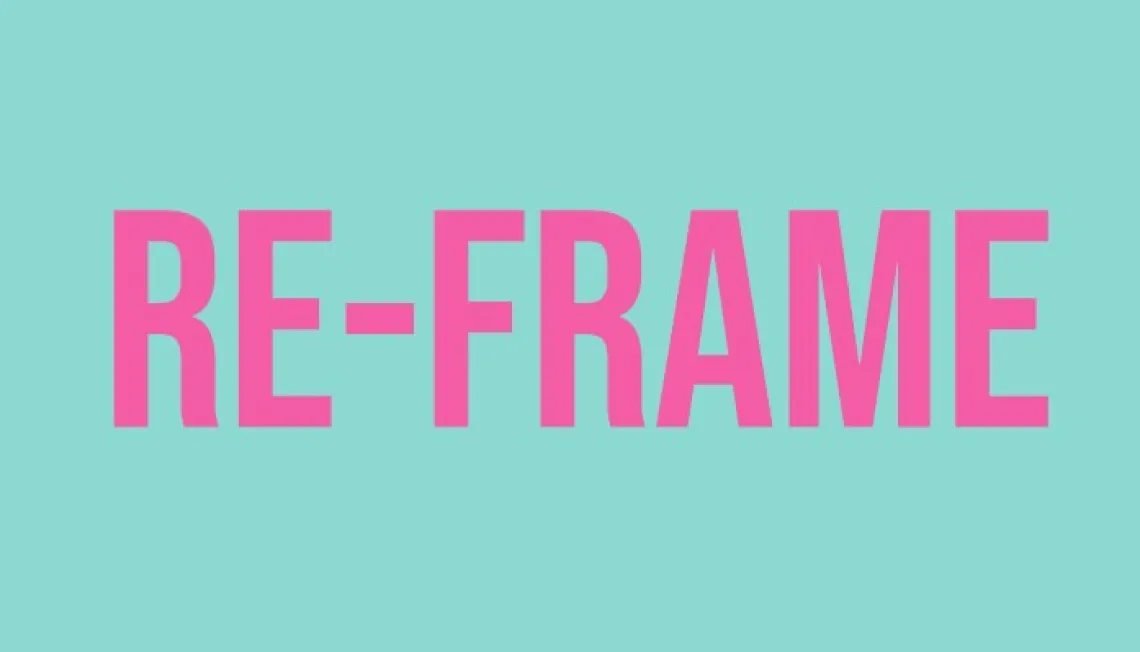About the service
"Non judgemental here to help."
Re-Frame is a pre-arrest diversion scheme for young people aged 10-17 who are found in possession of a Class B or C drug. It is delivered by With You, an organisation which provides drug, alcohol and mental health support to both adults and young people. Re-Frame delivers the service alongside police forces in four areas: Cornwall, Sefton, Kent and soon, Wigan. It is funded by the Youth Endowment Fund with a focus on diversion and reducing youth violence.
Referral criteria
The referral criteria overlap with those for an Outcome 22: that it is a first time offence and not a sexual or violent offence, that the individual is found in posession of a Class B or C drug for personal use and that the police or parent and young person consent to a diversion. In practice, young people can be referred to the service more than once, but will not be eligible if the offending behaviour is extensive.
Randomised Control Trial
Re-Frame is unique in that whilst With You delivers the interventions to young people, the programme is being evaluated through a Randomised Control Trial (RCT) by researchers at the University of Kent. The aim of this trial is to evaluate what makes diversion and intervention programmes for young people effective.
The service first started accepting referrals from February 2022. The first stage of the pilot ended in June 2022, after which the researchers began a period of follow-ups with young people six months post-intervention. In 2023, the next stage of the trial will begin, during which the service will reach out to more young people. A final report is due mid- to end of 2024.
Agnes Wootton anticipates that an interesting element of the report will be the comparison between the four areas in which the service is delivered, illuminating how different police forces, social factors and other area-specific characteristics affect the service and outcomes.
Content and structure of the sessions
"It helped me understand more about the effects of cannabis"
Once a young person is referred, they are asked if they consent to take part in the programme and also in the RCT. If they consent, they are randomly assigned to either the control group, which consists of one session, or the intervention group, which consists of two sessions.
The sessions broadly focus on harm reduction and restorative intervention, encouraging consequential thinking such as what happened at the time of the offence and what its impact was. They also cover the law and general drugs education. Whilst the majority of referred cases pertain to cannabis possession, due to it being easier to identify by police, drugs education can extend beyond this based on the knowledge of the young person.
Sessions also cover immediate safeguarding, signposting and referrals to services such as social care, mental health and drug and alcohol services.
The two sessions for the intervention group provide an opportunity to build more of a relationship with the service user. The first session covers all of the above. The second session explores conversations arising from the first session in more depth and the team has more holistic discussions with the young person from a contextual safeguarding standpoint.
Challenges
Wootton highlights disparities in the use of the service across the country as an obstacle to people accessing the service, due to various factors including some police forces being more proactive in referring than others. She suggests that this could be in part as a result of lack of awareness of diversion, but also perhaps due to scepticism, both issues stemming from Outcome 22 being a relatively new development in justice.
Further, major crime remains a pressing issue for many forces, limiting the budget and resources available to what is perceived as the less pressing early intervention and prevention approaches to addressing crime.
Finally, Wootton identifies smaller technical issues which can often be difficult or expensive to change, such as the absence of an option on computer systems to send a case back to the arresting officer if diversion has not been considered.
Successes
"Really supportive and easy to talk to and not judgemental and I felt like I could freely talk to them without hesitating on whether I could say what I felt."
However, the project is successful on a number of fronts. Firstly, attendance and completion rates are high: hardly any young people drop out, perhaps in part because of the brevity of the intervention. Secondly, Agnes notes that often, a young person’s experience with Re-Frame is their first contact with external support in a positive setting, where previously they had avoided engaging with professionals. Finally, she praises the Re-Frame team’s ability to build rapport and trust with the service users during such a short intervention, reporting that the team often receives first disclosures pertaining to mental health or gang affiliation, amongst others.
Future of the project
The future of the project depends on the results of the evaluation. If proven effective, the project is ready to be deployed on a larger scale and Agnes states that there is interest from funders and Police and Crime Commissioners. She suggests the project could also be expanded into Class A drugs and into alcohol-related offences. Further, there is scope for the project to be implemented in hospitals and A&E. Finally, schools also present an opportunity to employ diversion-type interventions as an alternative to exclusion.
No data will be released before the final report, but the service reports that the pilot was a success and that they were able to recruit the required number of young people. This preliminarily demonstrates the acceptability of the intervention.
The results of the RCT will be available mid- to end of 2024. For more information about this project, please contact Agnes Wootton at agnes.wootton@wearewithyou.org.uk.
Case study by Isabella Anderson, 2022.
Click here to return to the Map
